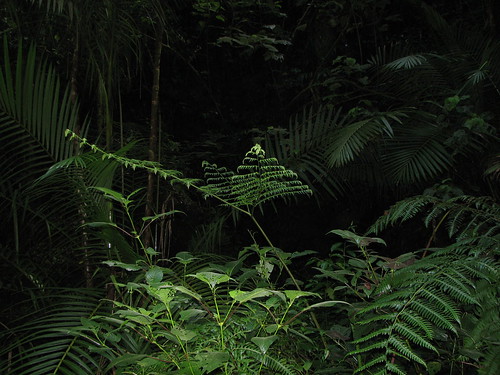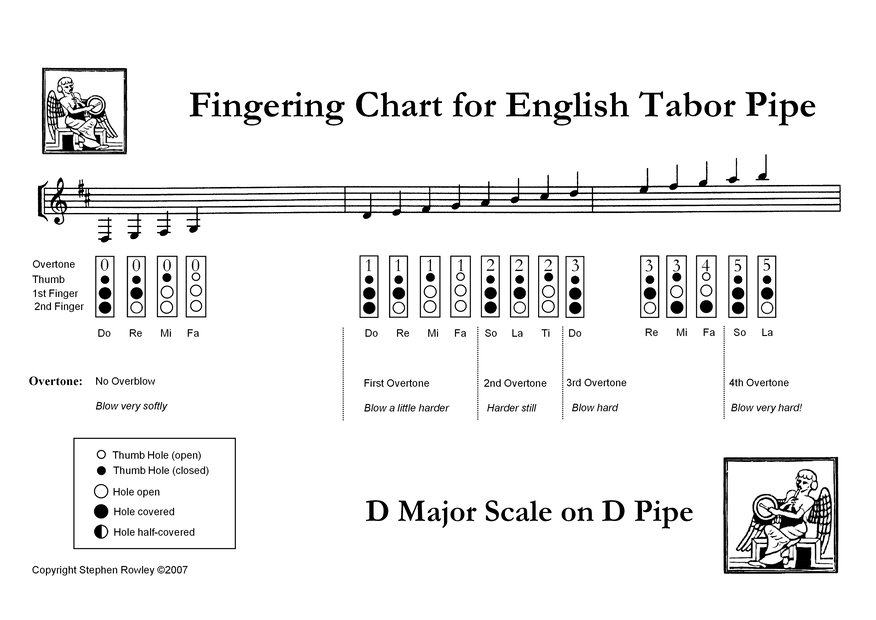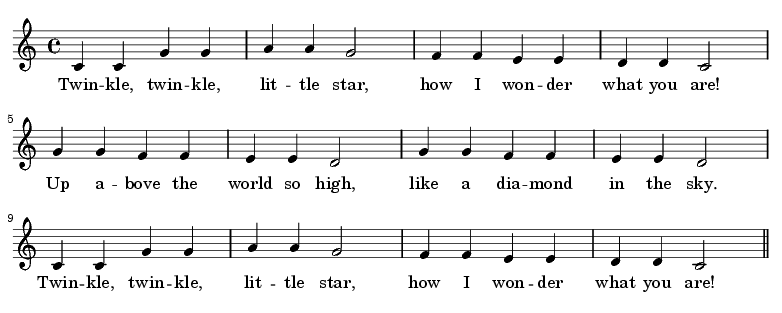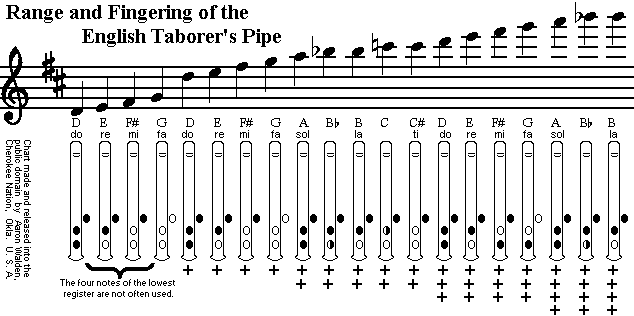My lessons learned are as follows;
- I need feedback. I need to also train my ear and it is difficult without any actual musical reference.
- For me, learning the instrument is also in learning the songs, their melody, and lyrics (if available).
- I need a quiet place to practice that won't disturb the family
- Get the Ableton based studio working with the new MIDI keyboard so I can listen to the songs on the piano, then play them on the pipe.
- Be able to record my practice so I can listen, get feedback and train my ear.
- Use Abletone in Live mode where I could listen and play along, while also recording.
- Iterate between playing the music on the piano and then playing it on the pipe.
- Finish configuring Ableton Live 8 to work with the new Oxygen 25 MIDI keyboard
- Become proficient with Live 8 to record my sessions and listen live to my iterations between piano and pipe
- Memorize the lyrics to "Go enlist for a sailor"
- I will be able to use a Digital Audio Workstation (Ableton) to record and playback the playing of a pipe and tabor while alternating this play with the MIDI keyboard.
- I will be able to sing "Go enlist for a sailor" in its entirety (this does not mean I will be able to sing it well)










